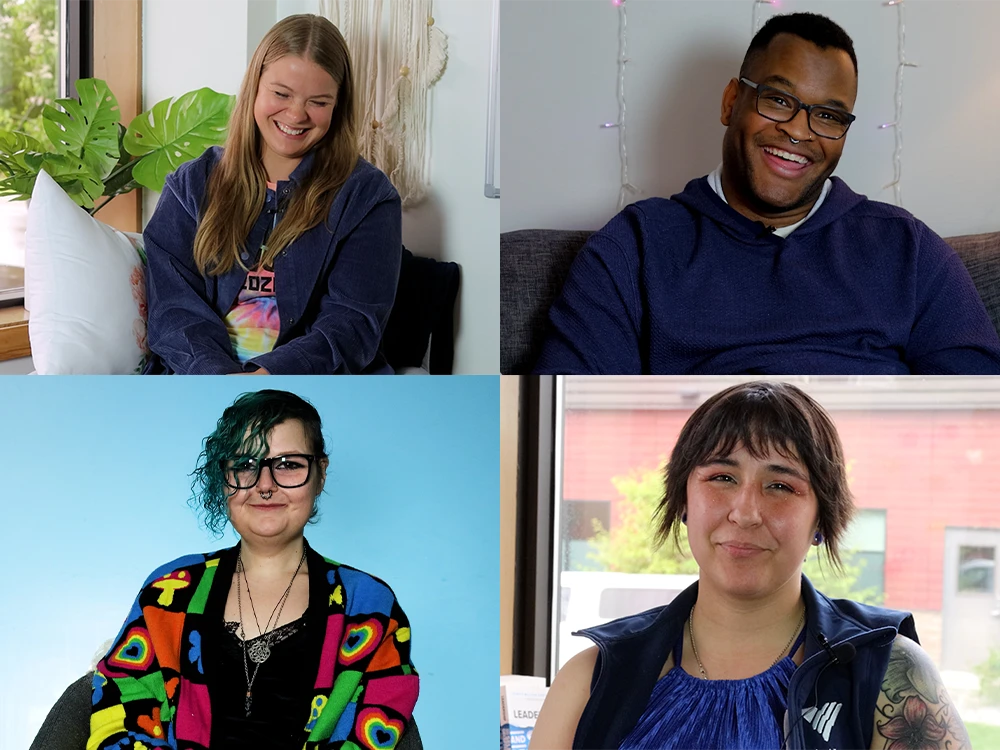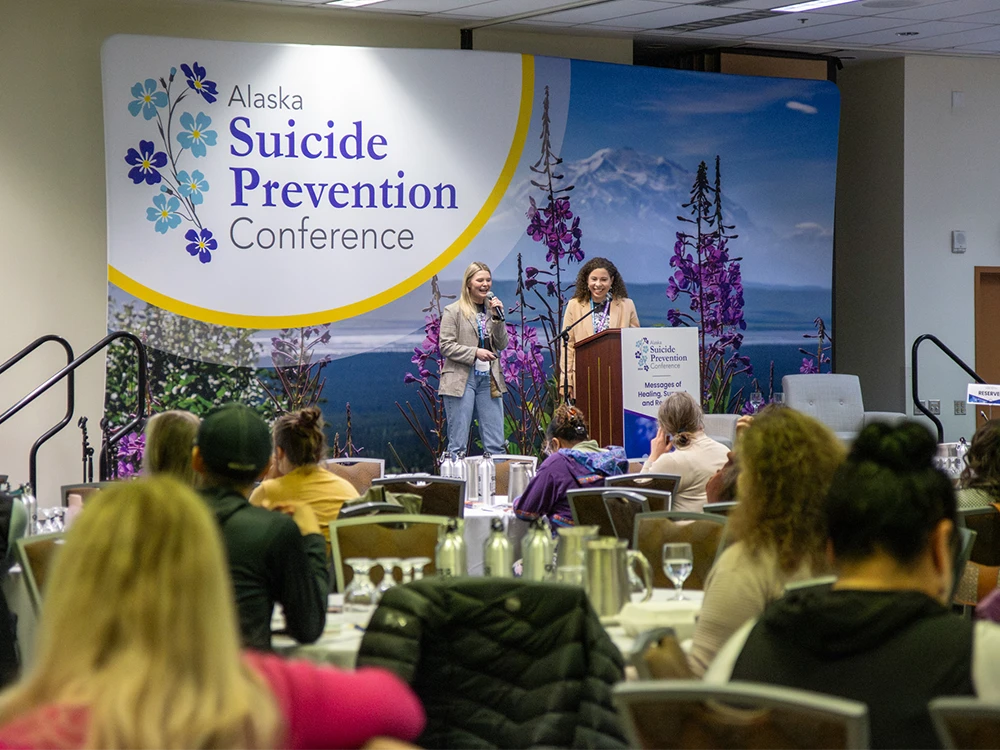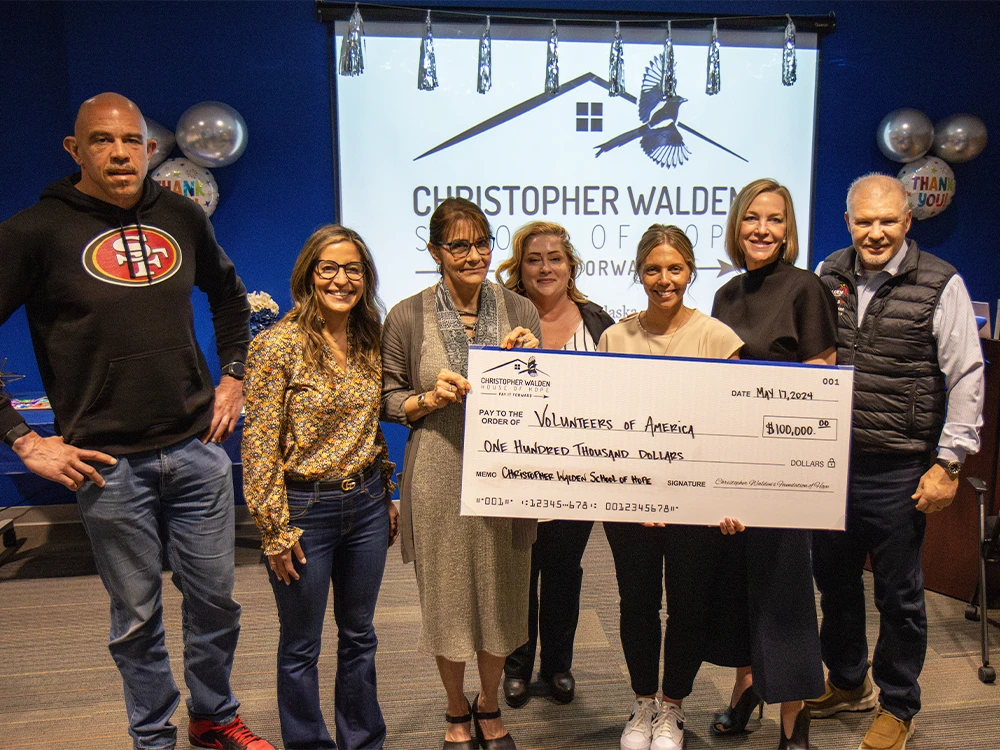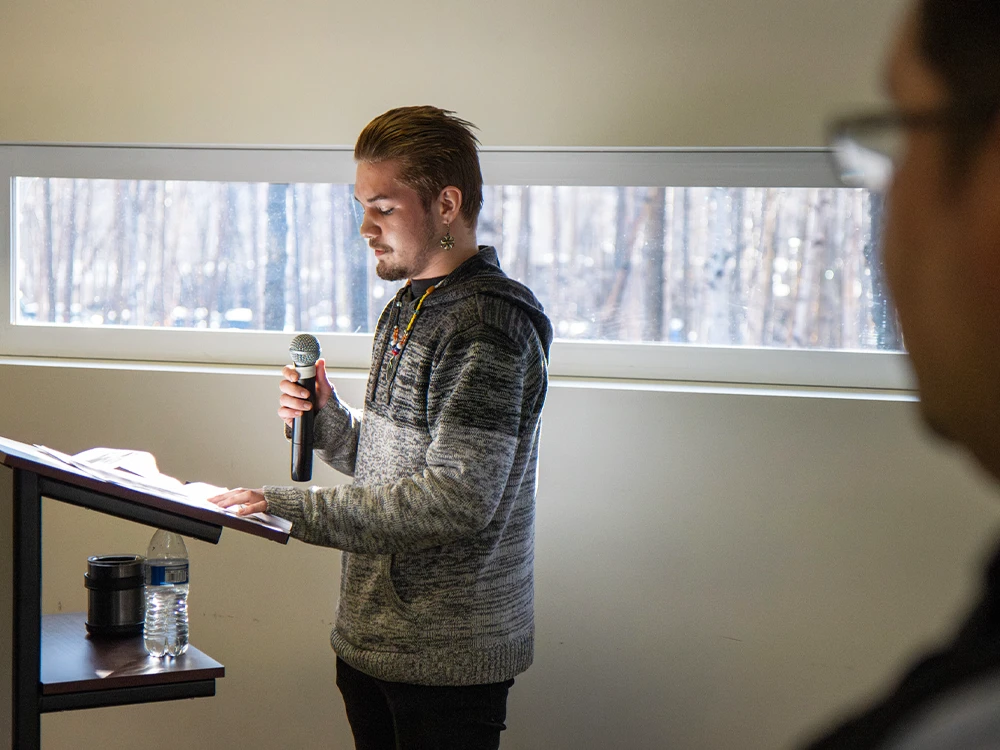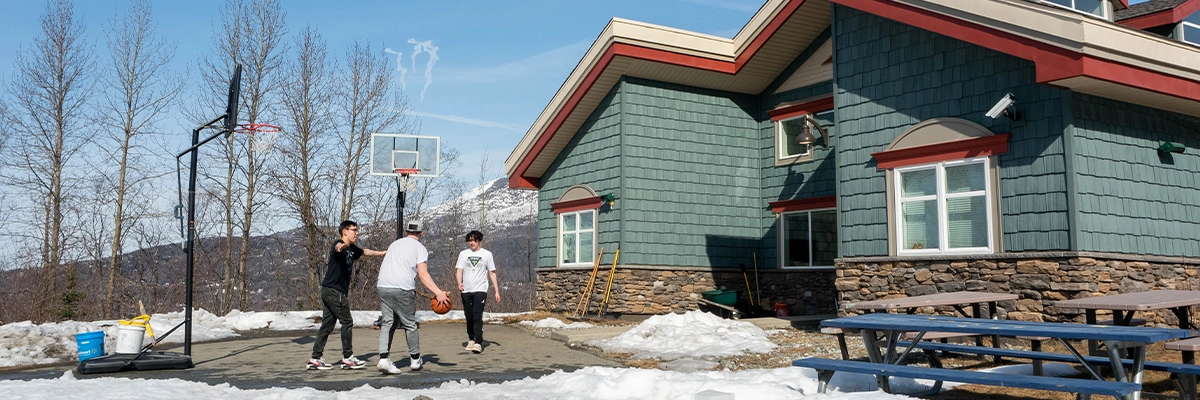
ARCH - Residential Treatment
Home » What We Do » ARCH – Residential Treatment
Empowering youth to address their substance use and improve their mental health in a structured, therapeutic environment.
The Adolescent Residential Center for Help (ARCH) treatment program is for adolescents aged 12-18 that are diagnosed with a substance use disorder and may also present with co-occurring mental health disorders.
The length of stay is based on the unique needs of each client in alignment with American Society of Addiction Medicine (ASAM) dimensions and severity.
ARCH offers:
-
- Substance use counseling and psychotherapy for youth and their families
- Psychological testing and evaluation
- Psychiatric services
- Onsite nurse practitioner to address physical wellness
- Nutritious meals provided at no cost to residents
- Onsite high school with an Anchorage School District teacher
A major focus consists of supporting youth in identifying replacement activities such as music, sports, the arts, outdoor activities, and sober parties. The ARCH team believes in the power of connection and utilizes the multidisciplinary team approach to support the youth in exploring ways to find meaning and purpose in their lives, while increasing valuable skills to reach their fullest potential.
ARCH is passionate about helping youth and their families break free from the chains of addiction through services that uplift the human spirit!
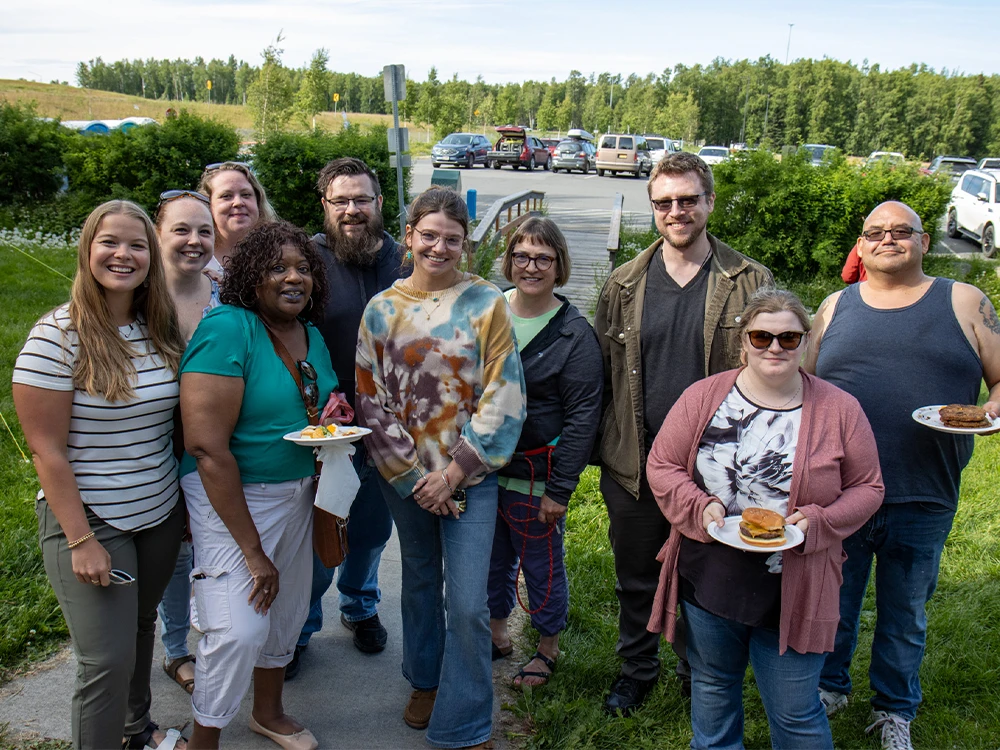


Ready to Get Started with
Behavioral Health Services?
We know reaching out for help can be difficult. That’s why the team at VOA Alaska is committed to making entry into our services as easy as possible for you.
Empowering youth to address their substance misuse and improve their mental health in a structured, therapeutic environment.
The Adolescent Residential Center for Help (ARCH) treatment program is for adolescents age 12-18 that are diagnosed with a substance use disorder and may also present with co-occurring mental health disorders.
The length of stay is based on the unique needs of each client in alignment with American Society of Addiction Medicine (ASAM) dimensions and severity.
ARCH offers:
- Substance use counseling and psychotherapy for youth and their families
- Psychological testing and evaluation
- Psychiatric services
- Onsite nurse practitioner to address physical wellness
- Nutritious meals provided at no cost to residents
- Onsite high school with an Anchorage School District teacher



A major focus consists of supporting youth in identifying replacement activities such as music, sports, the arts, outdoor activities, and sober parties. The ARCH team believes in the power of connection and utilizes the multidisciplinary team approach to support the youth in exploring ways to find meaning and purpose in their lives, while increasing valuable skills to reach their fullest potential.
ARCH is passionate about helping youth and their families break free from the chains of addiction through services that uplift the human spirit!
Our priority admission criteria includes those who are pregnant, injecting substances, pregnant and injecting substances, involved in Office of Children Services or Division of Juvenile Justice or youth experiencing homelessness.
VOA Alaska’s treatment programs are accredited by the Commission on Accreditation of Rehabilitative Facilities (CARF) and are approved by the State of Alaska’s Division of Behavioral Health. ARCH is licensed by the Division of Family and Youth Services.
I felt like the ARCH staff was not just there for my child, they're there for me and my family as well.
I really feel like they've saved his life and my life and just the family unit as a whole.Parent of an ARCH graduate
ARCH is housed in a state-of-the-art facility in Eagle River, Alaska.
ARCH is located in a beautiful mountain setting above Eagle River, with views of Denali on a clear day. The facility holds two residential wings with 16 beds total, a full-service kitchen, a gym with a climbing wall and a basketball hoop, two classrooms, a Great Hall with large windows providing mountain views, cozy group rooms, an outdoor fire pit, and more to provide a comfortable and therapeutic home for our youth residents.
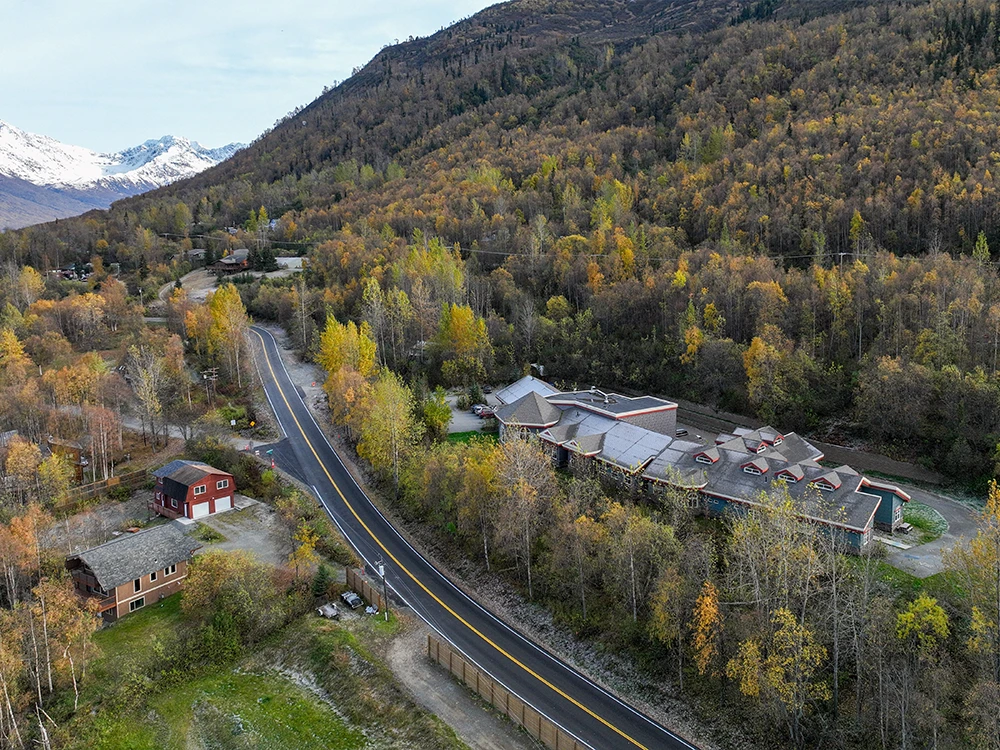

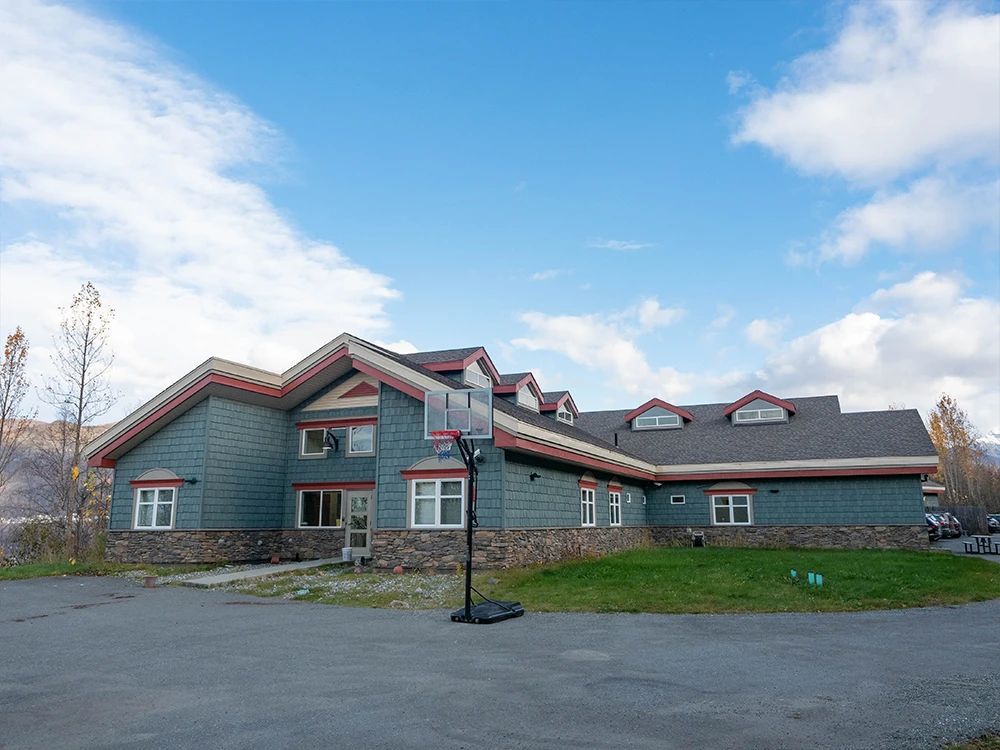

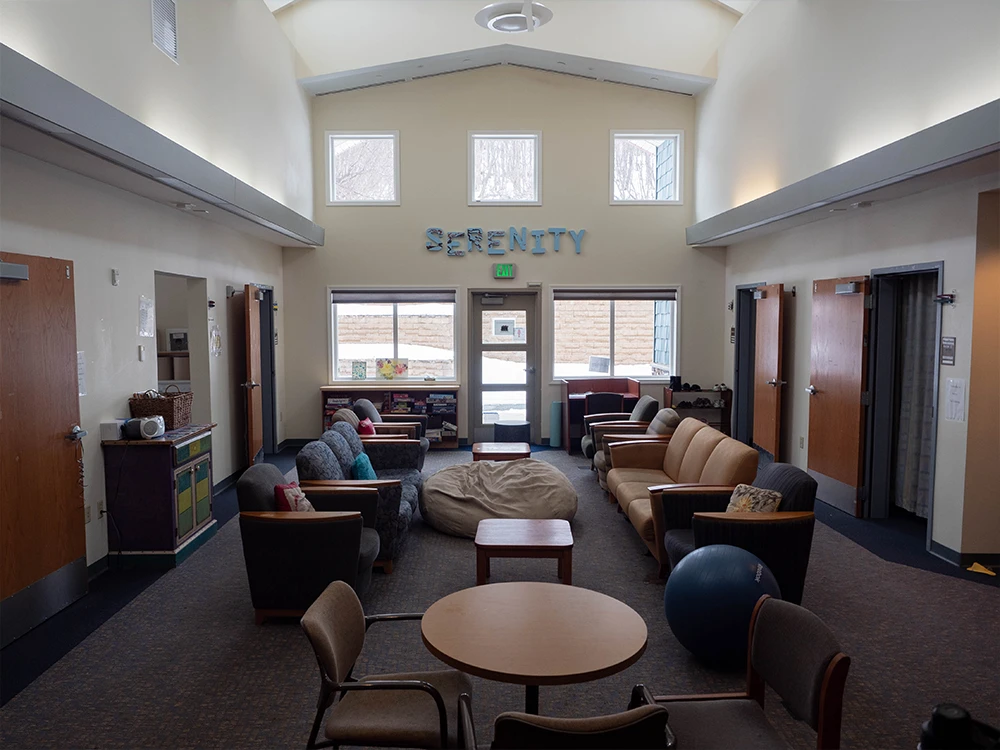

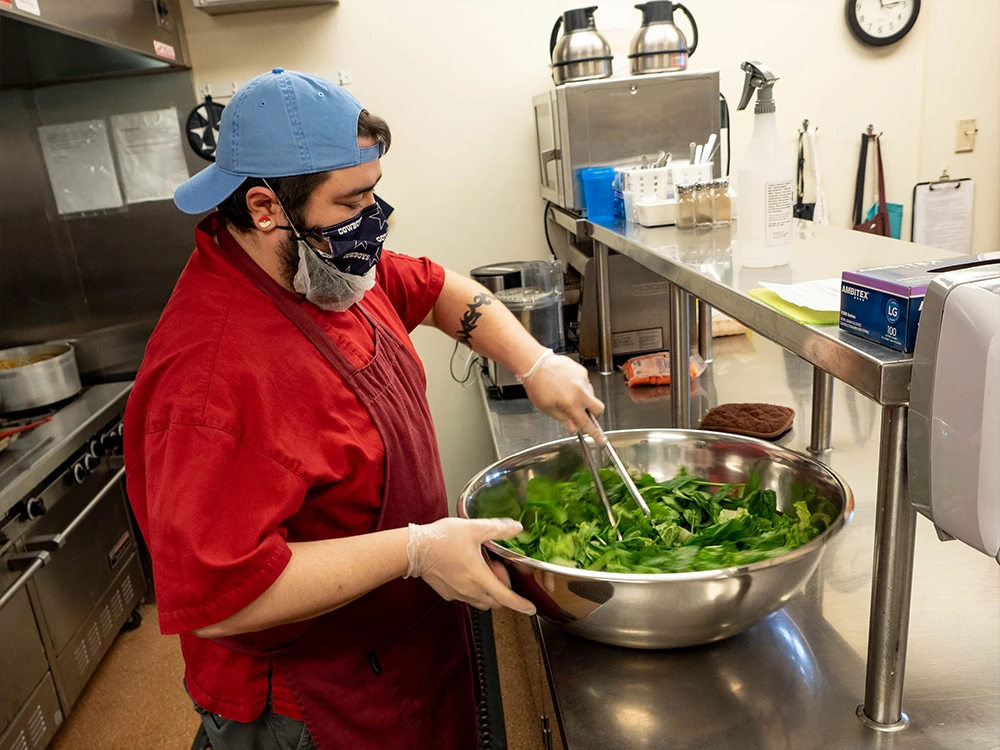

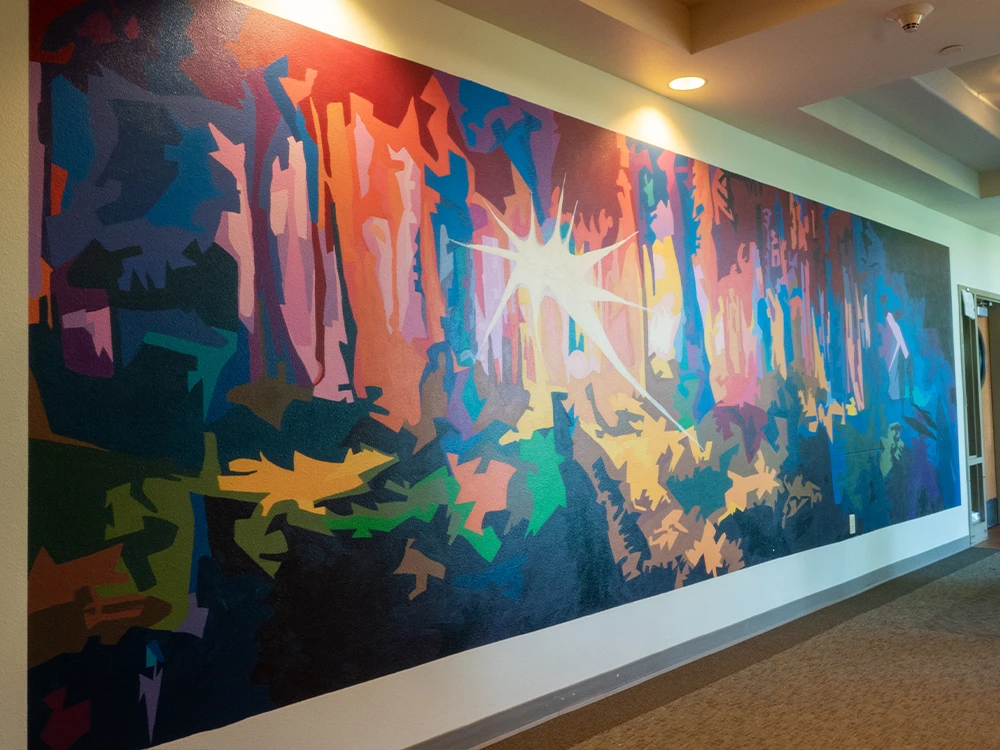

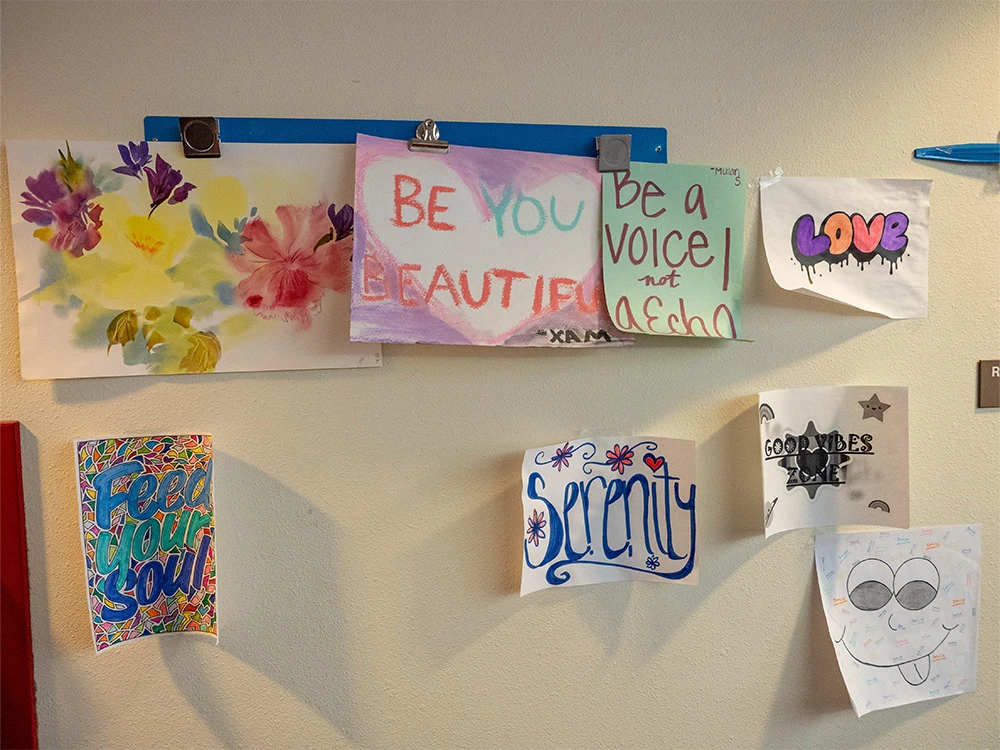

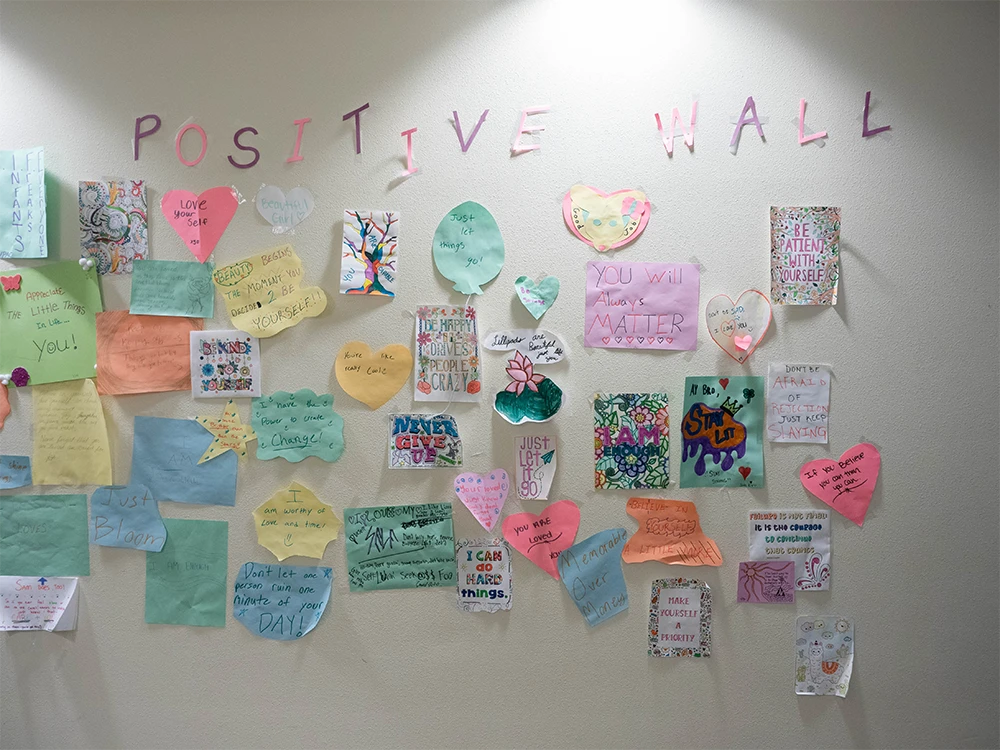

There's a war of recovery that I'll always march.
I'll fight to survive with my weapons from ARCH.Excerpt from a poem written by an ARCH graduate
ARCH partners with the Anchorage School District to provide an on-site high school.
McKinley Heights is ARCH’s onsite high school managed by one Anchorage School District teacher and one teacher’s aide. Students are given individualized lessons with specialized services for learning disabled and developmentally delayed adolescents. The school and the ARCH treatment team are in close collaboration to ensure school and treatment are combined in the most beneficial way for our clients.
McKinley Heights is committed to promoting and protecting student’s health, well-being, and ability to learn by encouraging lifelong habits of healthy eating and physical activity. Read the full McKinley Heights School Wellness Policy here.
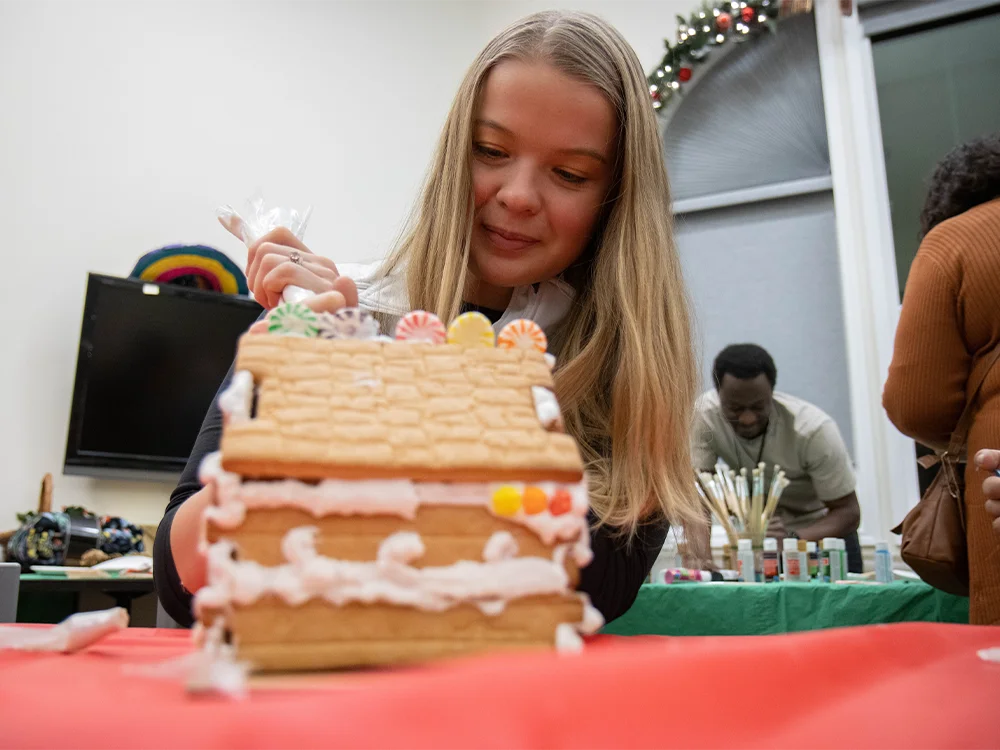

Read the Latest from Our Behavioral Health Programs
Celebrating Pride by Celebrating Our Staff
In our June newsletter, we celebrate Pride with our staff and recognize our CEO's appointment to the Alaska Mental Health Board.
Beyond ‘good.’ How are you, really?
In our May Newsletter, we provide tips for speaking with youth about their mental health and celebrate a new partnership to expand our day treatment program!
Press Release: New Partnership Expands VOA’s Youth Day Treatment Program
Renaming ceremony marks new chapter for VOA Alaska’s Day Treatment Program in Partnership with the Christopher Walden House of Hope.
From Adversity to Resilience: Youth Share Their Experiences with Alcohol at ‘Anchorage Youth Speak Out’
Community members, local organizations, and VOA Alaska staff came together to support local youth as they shared their recovery stories.
Celebrating Pride by Celebrating Our Staff
In our June newsletter, we celebrate Pride with our staff and recognize our CEO's appointment to the Alaska Mental Health Board.
Beyond ‘good.’ How are you, really?
In our May Newsletter, we provide tips for speaking with youth about their mental health and celebrate a new partnership to expand our day treatment program!
Press Release: New Partnership Expands VOA’s Youth Day Treatment Program
Renaming ceremony marks new chapter for VOA Alaska’s Day Treatment Program in Partnership with the Christopher Walden House of Hope.
From Adversity to Resilience: Youth Share Their Experiences with Alcohol at ‘Anchorage Youth Speak Out’
Community members, local organizations, and VOA Alaska staff came together to support local youth as they shared their recovery stories.

